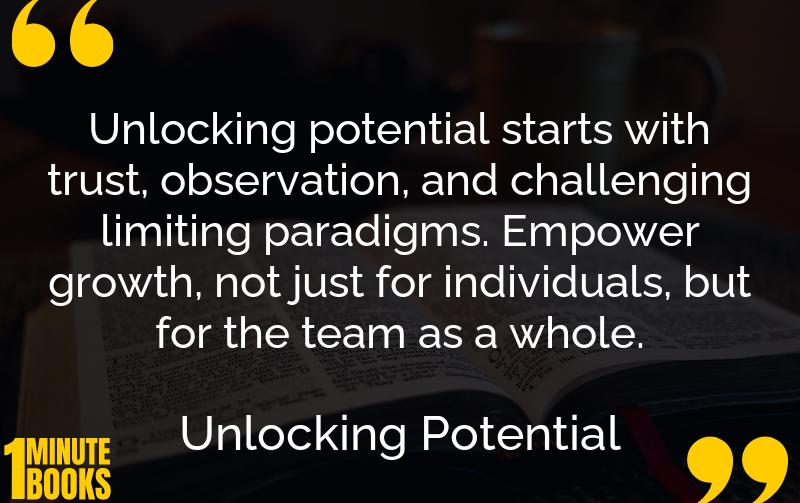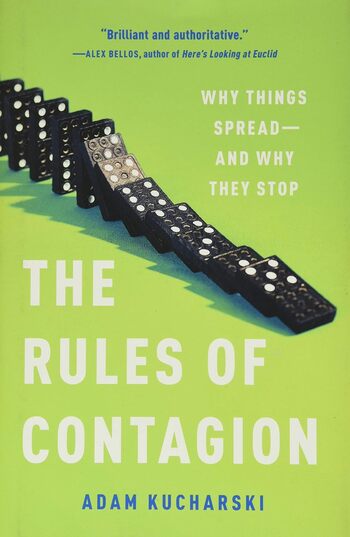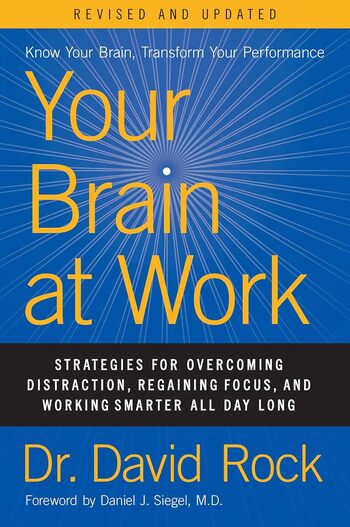
This book delves into coaching as a leadership style to maximize team potential through trust, potential, commitment, and execution, emphasizing character, competence, and paradigm challenges.
Main Lessons
- Trust is foundational in coaching; it builds open communication and honesty.
- Recognizing potential involves observing and understanding clients’ spoken and unspoken cues.
- Effective coaches challenge inaccurate paradigms to unlock true potential.
- Commitment is achieved through powerful coaching questions and active listening.
- Engaging in a flow state enhances task focus and goal achievement.
- Coaches facilitate personal and professional mission alignment to avoid conflicts.
- Constructive feedback should begin with client self-evaluation, fostering ownership and change.
- Coaches play to strengths, ensuring positive and motivating feedback.
- Great coaches avoid micromanagement, fostering independence and potential.
- Middle-performing employees are key; their enhanced productivity boosts overall company success.
- Coaches align short-term activities with strategic long-term goals for holistic progress.
- Character and competence in coaches build the trust necessary for impactful coaching.
- Self-awareness through questioning uncovers sustainable approaches and strategies.








